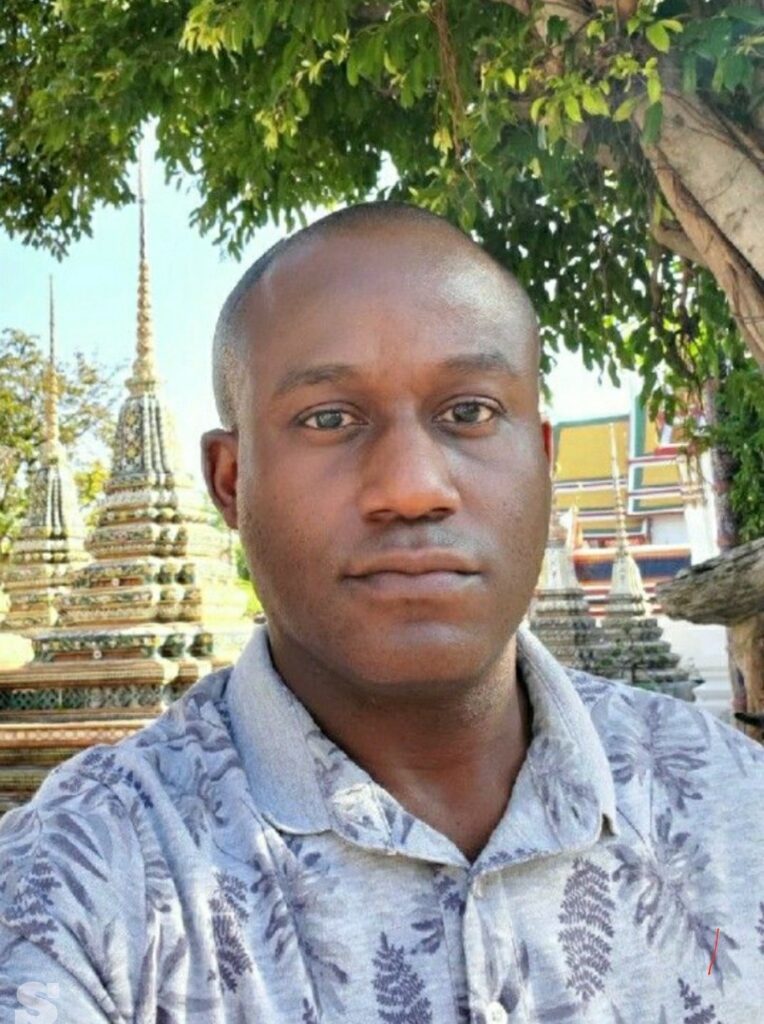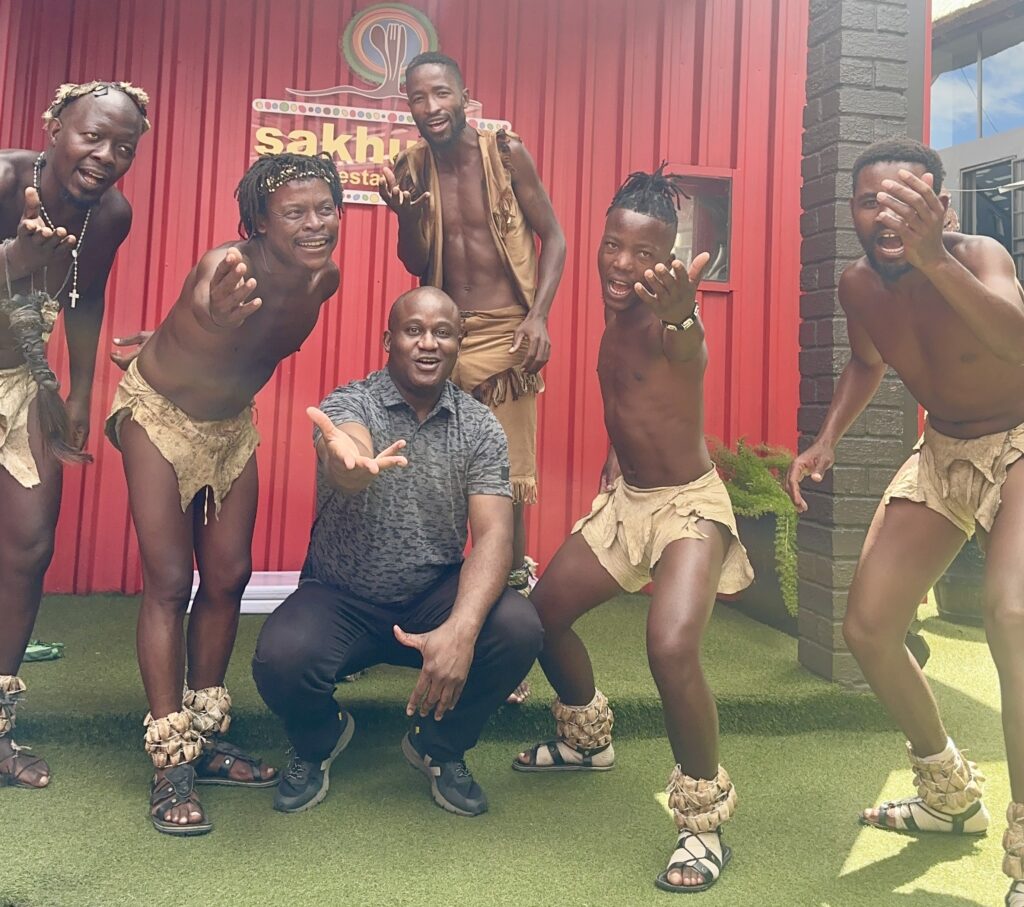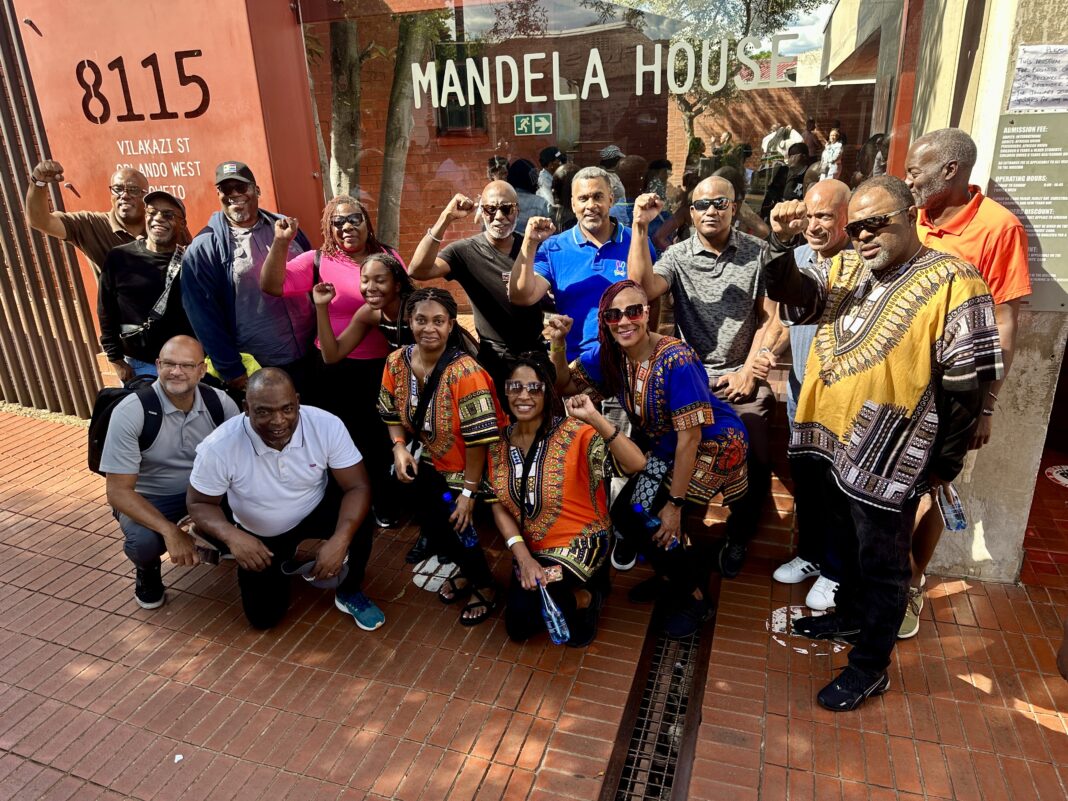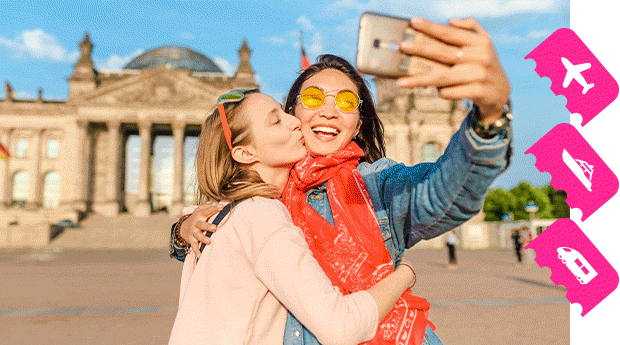For international travellers, stereotypes can cut two ways.
LGBTQ2S+ people can feel judged and threatened because of their identities, but they might also make incorrect assumptions about the prevalence of homophobia and transphobia in a particular region or culture. People of colour can face many kinds of racism as they move through the world, but they can also have overly suspicious ideas about how they’ll be treated in different regions or cultures. And at the intersection of LGBTQ2S+ and Black, there are many stereotypes to overcome.

“From both LGBTQ2S+ people and Black people, I’ll often hear, ‘They don’t like us there.’ I’m like ‘Where did you hear that? Who is they?’ Why don’t I take you and show you? There’s no one ‘they’ in the places that I travel to, so I want to break down the misconceptions that create fear and hesitation,” says Michael Henderson, who founded California-based B.A.G. Travel (think Black and Gay Travel) in 2021 to give travellers who are Black and gay the confidence to follow their curiosity out into the world.
Henderson, who is himself Black and gay, made his first solo trip at age 19 when he went backpacking around Thailand. He was blown away by the experience. When he returned, however, his friends and family had a lot of questions about how it went for him, a Black American travelling in Asia, and how he managed the racism that they expected him to have faced. He started to help family, friends and colleagues make travel plans, encouraging them to venture outside their comfort zones, at first just for fun and then as a professional travel agent. B.A.G. Travel’s goal is to get more Black professionals, particularly gay men, to travel abroad. Most of his clients are between the ages of 30 and 60, about 60 percent male, 40 percent female.
“When I was in Thailand, there were some places where I thought, I might be the first Black person they’ve ever seen in their lives. And I got stares. I didn’t find them insulting, but it was kind of weird. It just means we don’t travel enough, so I want to encourage more visibility. And I take it upon myself to give people that opportunity. I view it as a duty,” says Henderson. “Black American men are not all Michael Jackson and Michael Jordan, even if that’s a stereotype. On the flip side, if you meet someone who has seen a lot of American television, then it’s like, we’re not all gangbangers. Sometimes there’s real shock: ‘Oh, you’re just a normal person.’”

There are always surprises, but they’re not usually negative. In the Pearl River Delta area of Southern China, Henderson was looking for shoes at a Foot Locker store when he glanced down to find an older Chinese man squeezing his ankle and muttering something about Shaquille O’Neal. “I just rolled with it. That’s how I learned to not fear anything. Except obviously for openly hostile places, I just get out there.”
Willing to be the guy who goes places that his peers might overlook or avoid, Henderson is laying the groundwork for others to follow in his footsteps through his services and advice, and, in the long term, just by being visible in unexpected places. He doesn’t “test” the places he travels to, but he brings his whole self to each new experience, coming out as is necessary for each interaction.
“I’m not the premeditated type, I’m just open for adventure. Planning to go outside your comfort zone sounds like a contradiction to me. You just jump into it and see what happens,” he says.
Countering the perception that gay men prefer urban holidays, last year Henderson visited Patagonia in Chile, taking part in a wilderness hiking expedition. “I also think that the Black community doesn’t typically think of adventure travel.”


